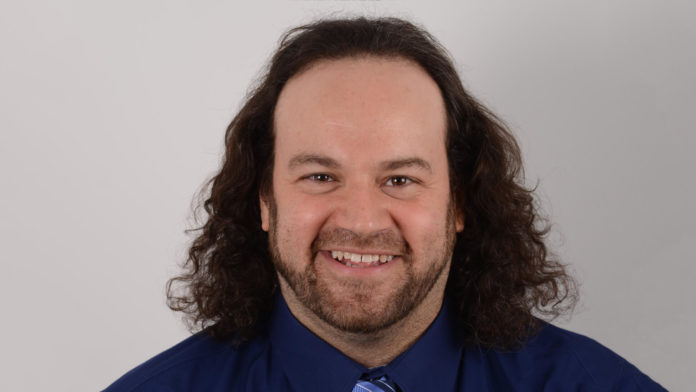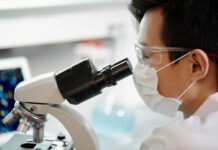Jeffrey Rosenthal is a Professor of Statistics at the University of Toronto who specializes in Markov chain Monte Carlo (MCMC) algorithms: processes that incorporate probability theory to speed up calculations. We asked him everything from alternative professions to his family history of researchers in hopes of giving you a better understanding of what goes on outside the lab for one of the best minds in Canadian research.
What do you like most about being a researcher?
The flexibility. I can decide for myself what projects to pursue and who to work with. If a project is going well then I can stick with it, but if it seems like a dead end then I can move on. I can even mostly set my own hours. I don’t need to follow the dictates of a “boss” like in many other jobs.
What advice would you give young researchers?
Be curious and open-minded. When I was first starting out, I was only interested in ideas which were directly related to my current research projects. But I have since learned that if you keep an open mind, then you can learn bits about other topics too, and every once in a while that will take you in new directions and lead to new research projects (for more on this see my article “Interdisciplinary Sojourns”, published in the Canadian Journal of Statistics in 2014).
What inspired you to become a researcher?
I had other academics in my family, so becoming a researcher didn’t seem as outlandish to me as it would to some people. Plus I always excelled in mathematics and wanted to use that more directly than I could in most non-research jobs. And even back then, I was attracted to the flexibility and intellectual challenges of original research.
What do you like to do for fun?
Actually quite a few things! I perform musical accompaniment to comedy shows, go biking, see movies with groups, engage in French conversation meetups, and go ice skating in the winter. I am quite social, and I like to do fun things with fun people as often as I can.
What’s your favourite cuisine?
I’m pretty flexible and like most food. I might choose Italian food as my favourite — I once declared that my #1 favourite meal was chicken parmigiana. But lately I have been trying to lose weight, so I’m trying to focus on food a bit less. It turns out that not eating is an interesting activity too!
If you could do any profession other than your own what would it be?
Well, I like technology, so I could imagine working at a company developing new software and robotics and so on — though I admit that isn’t so far from what I already do now. I would enjoy being a professional musician or comedian if I could be a big success, but I know how difficult that is. I also like outdoor activities and could imagine leading canoe trips and so on, except that I’m starting to get a little too old for that.
If you could meet any historical figure, who would it be and why?
There are so many interesting people in history. Albert Einstein comes to mind since he was so brilliant but also so unusual in his opinions and mannerisms. And Alan Turing, who made so many fundamental contributions to mathematics and computer science despite government persecution for being homosexual.
There’s also Marie Curie, who won not one but two different Nobel Prizes (in Physics and in Chemistry) and discovered so much about radiation despite many personal challenges. I suppose historical non-scientists might be even more interesting, like Napoleon or Joan of Arc or Shakespeare. But to be honest, I don’t think I would enjoy living in those historical periods, so I’m pretty glad that I’m alive right now!









































